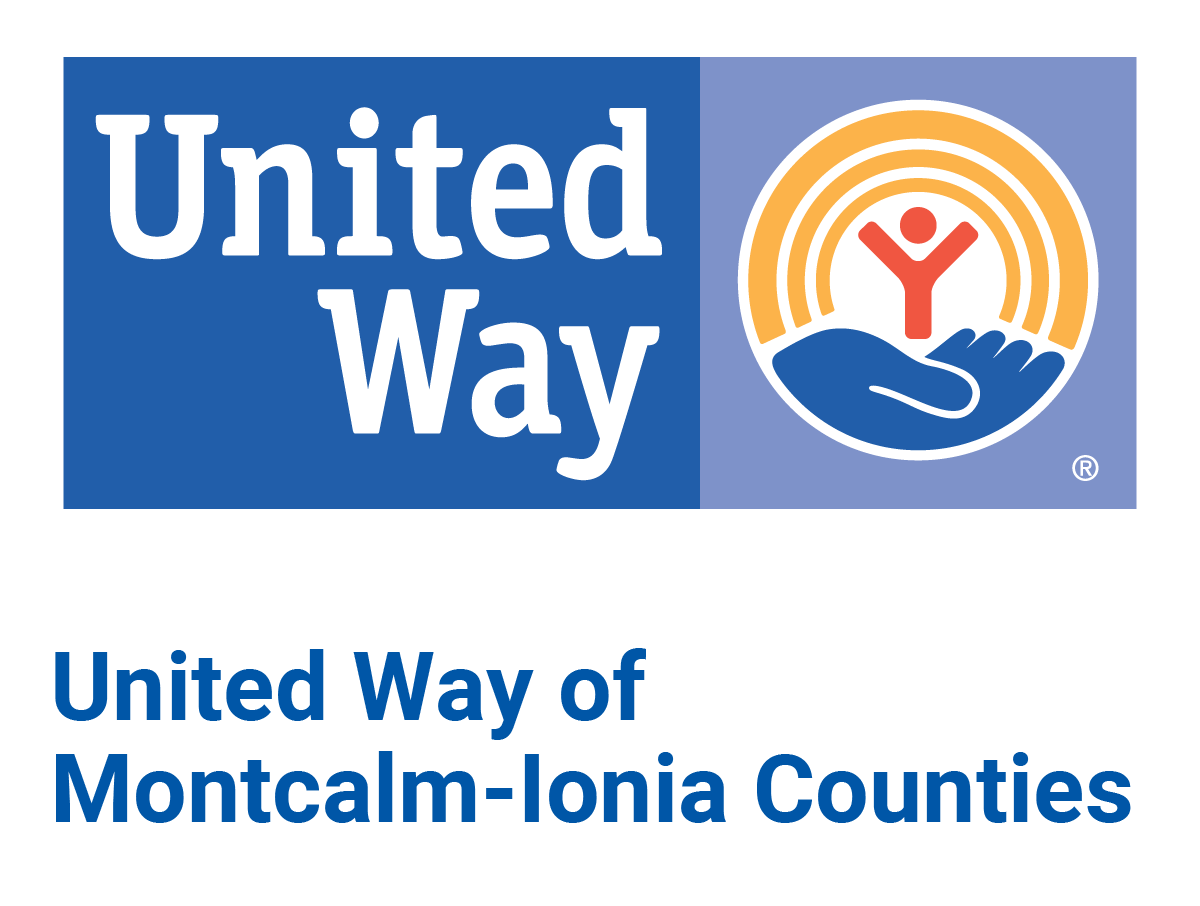‘A service for all’
211 connects counties to plethora of resources
When 211 was reinstated in Ionia and Montcalm counties last summer, it once again provided a way to connect residents to essential services.
United Way Executive Director Terri Legg has been trying to debunk misconceptions about the service since 211 was brought back online. She is trying to spread the message 211 is for all people, regardless of their background.
“211 is not a service for poor people,” Legg said. “It is a service for all people — individuals and families of every ethnicity, economic income bracket and age group. It is for all of our community members to be able to access free, confidential help quickly and privately.”
Last week, when almost all of Greenville was without power, 211 opened a Red Cross shelter at Greenville Middle School to allow residents to warm up.
“In an instant, a disaster where a personal crisis or a natural disaster can create situations where individuals need help immediately, these are just a few of the hundreds of referrals that 211 can help them with,” Legg said. “Not only is 211 the resource for those needing help, but it also can coordinate volunteer efforts and help individuals navigate emergency food and shelter. It can also be used for people that are wanting to volunteer either locally or to aid a disaster area.”
The phone line was also vital to the area during the recent cold snap, which closed several businesses throughout West Michigan. The 211 call center in Grand Rapids stayed open to offer assistance, and they received a phone call from an Ionia mother of three whose heat had been shut off and was unable to get it turned back on.
“She had no family to help and no space heaters that she was able to plug in,” Legg said. “She was frantic and felt hopeless like she had exhausted all her options. She called 211.”
According to Legg, 211 Service Director Sherri Vainavicz said the call center made a phone call to Michigan’s Department of Health and Human Service’s (DHHS) disaster coordinator and explained the situation. The coordinator relayed the request to a supervisor.
“Within 30 minutes, they had waived all their guidelines for emergency assistance and they sent somebody out to her home in Ionia and had her utilities turned back on,” Vainavicz said.
Another time people relied heavily on 211 was during the government shutdown when many federal workers needed assistance paying for their utilities, finding a food pantry or managing other financial difficulties.
While 211’s impact on the area was accentuated during times of crises, the service offers help in a variety of services all throughout the year. Some of the services 211 can connect residents to include:
• Basic human needs resources, such as food and clothing banks, shelters, rent assistance and utility assistance.
• Physical and mental health resources, such as health insurance programs, Medicaid and Medicare, maternal health resources, health insurance programs for children, medical information lines, crisis intervention services, support groups, counseling and drug and alcohol intervention and rehabilitation.
• Work support, such as financial assistance, job training, transportation assistance and education programs.
• Access to services in non-English languages, such as translation and interpretation services to help non-English speakers find public resources.
• Support for the elderly and people with disabilities, such as adult day care, community meals, respite care, home health care, transportation and homemaker services.
• Children, youth and family support, such as child care, after-school programs, educational programs for low-income families, family resource centers, summer camps and recreation programs, mentoring, tutoring and protective services.
“211 fills the gap we’ve been missing,” United Way board member Dan Mitchell explained. “Think of it as an emergency is 911, but for your everyday needs, you call 211.”
Legg noted 211 works similarly to 911, and calls are routed to a regional calling center. The center’s referral specialists handle phone calls as well as texts and emails.
“There is no one source that handles all the things 211 handles in one phone call. It makes it a lot more efficient,” Mitchell said.
“Since June of 2018, over 900 calls from Montcalm and Ionia counties have been handled with the top requests being utility assistance and home assistance (help with rent, locating housing, needing assistance with repairs and finding shelter for those that are homeless),” Legg added.
In addition to the services they already offer, 211 is rolling out new programs to further assist the community.
This year, the 211 call center is scheduling the volunteer tax assistance program, which the DHHS and United Way runs.
“The same rules for tax filing still apply,” Legg said. “This just allows for the ease of scheduling for the clients. Tax processing is still being completed by United Way and DHHS volunteers.”
The call center (located in Grand Rapids at the Heart of West Michigan United Way) was also the first in the nation to a new cybersecurity program, which hopes to combat cyber crimes such as identity theft.
“If someone has their credit card compromised, currently, there is no formal collection of that data and no one central point for individuals to call to report these crimes,” Legg explained. “That also means that it makes it very complicated to catch the person committing the cybercrime. By reporting and tracking, the 211 call center will be able to turn the data over the FBI to help put an end to cyber crimes.”
If the pilot continues to go well, in 2020 it will be rolled out to 13 West Michigan counties, including Ionia and Montcalm.
Legg hopes by spreading awareness about 211 and the many services it can connect area residents with people will realize how almost anyone can utilize 211.
“Every family needs these services,” Mitchell said. “It’s a source we were desperately needing.”
Those needing to contact 211 can dial the three numbers on their phone, text 898-211 or download the phone app, 211info.
